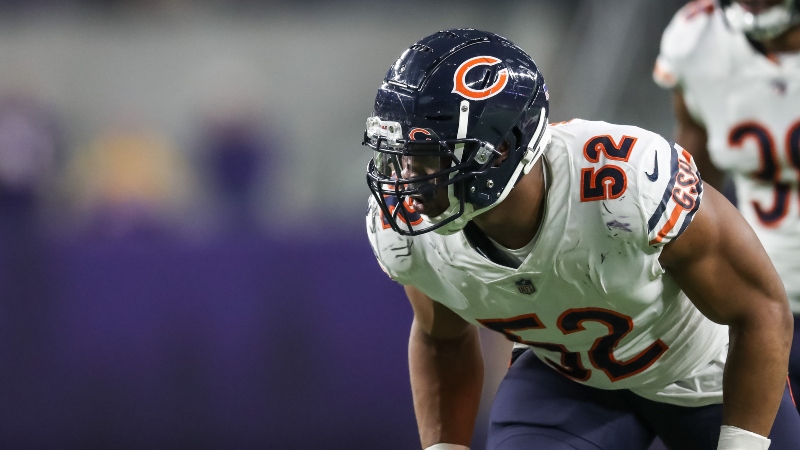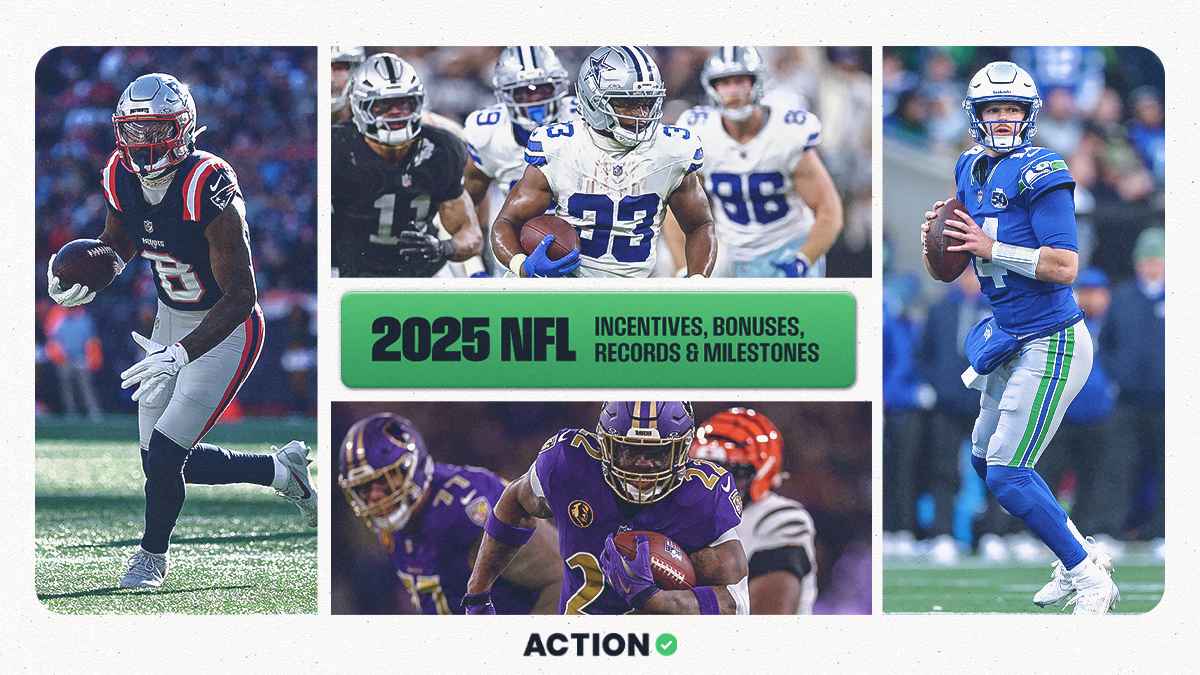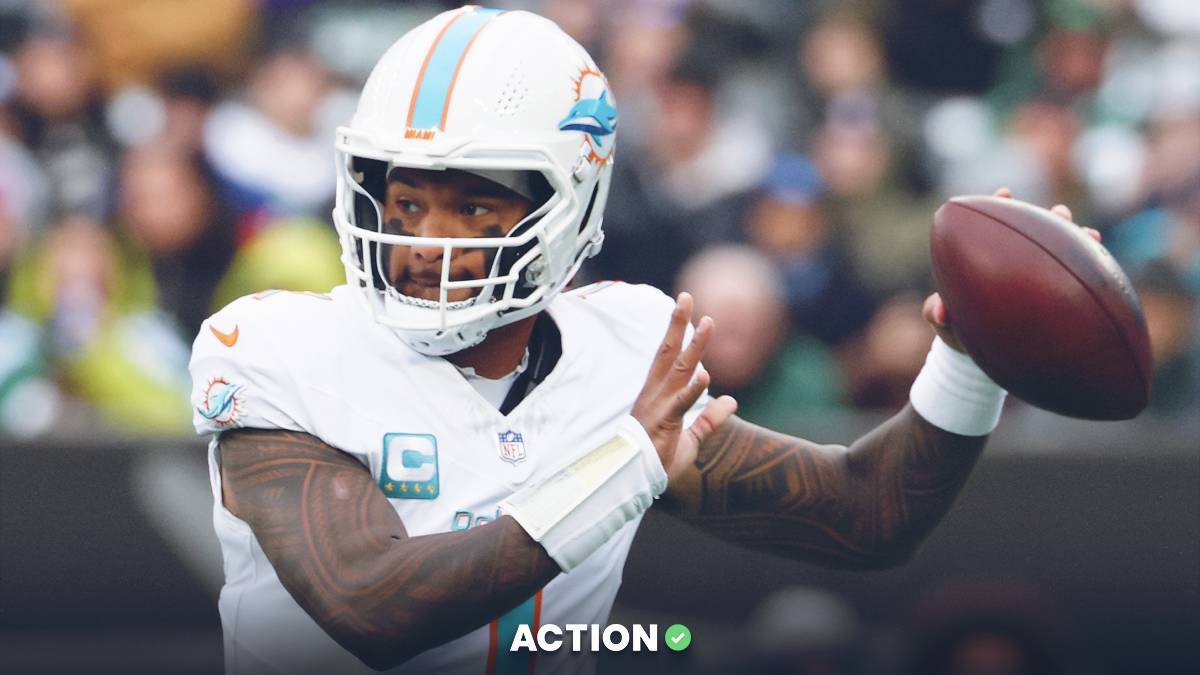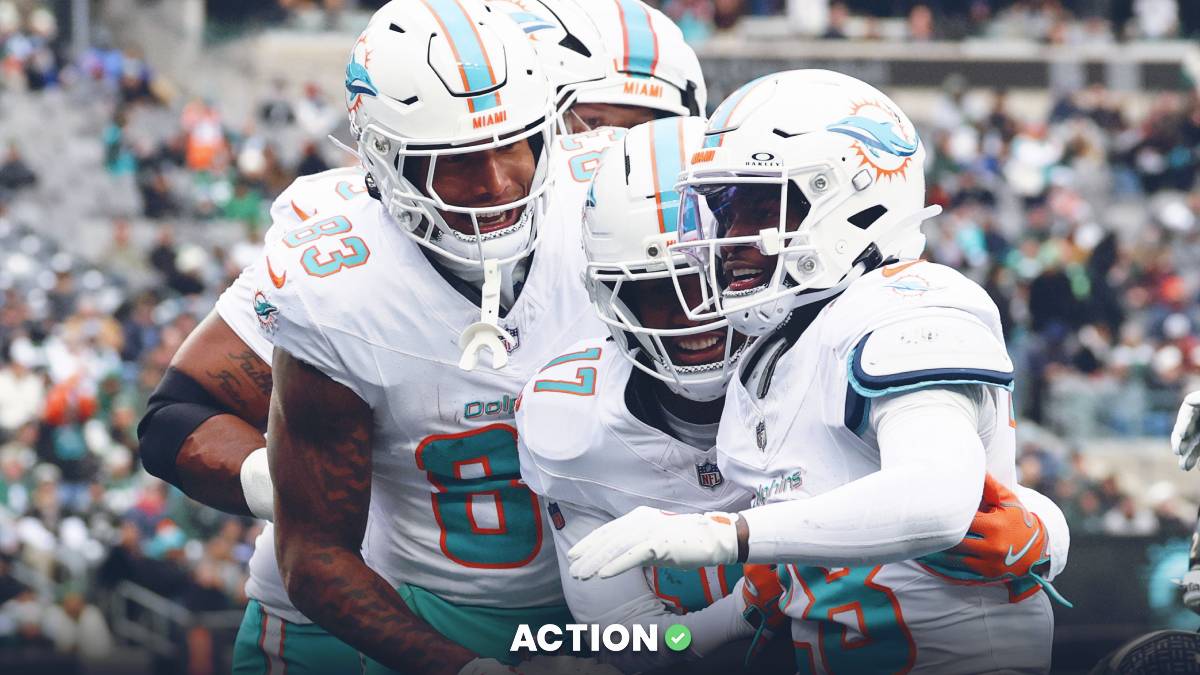- Every year, there are a few teams that blow way past or drastically underperform their NFL season win totals.
- The San Francisco 49ers, for example, missed their win total last year by 4.5 wins; the Bears exceeded theirs by 4.5.
- Does the public overrate or underrate those teams the following year? See below for data and what it means for futures betting this season.
NFL win totals might be the best indication of whether a team over-performed or underperformed in a season relative to expectations. The efficient NFL betting market sets a line (or expectation), and we can measure teams based on that.
But one question I've been curious about is how biases play into win totals. Take last year's Chicago Bears team for example: They had a win total of 7.5 and easily hit the over, ultimately winning 12 games on the season. That's a difference of 4.5 wins — easily the highest of the season.
Sentiment is largely high on the Bears for the 2019-20 season, but is it too high after last year's over-performance (relative to preseason expectations)?
Using historical win totals all the way back from the 2000 season, we can look at how teams have done the next season after going way over or way under their previous season's win total.
Take a look at the results.
That's a lot of data, so let's focus in on where it seems biases come into play.
Here's how teams that have over-performed (as in, won more games than expected and went over the previous season) have done the following season:
- Over-performed by at least 1 game: Under went 126-97-12 (56.5%)
- Over-performed by at least 2 games: Under went 83-58-10 (58.9%)
- Over-performed by at least 3 games: Under went 54-30-6 (64.3%)
And here's the underperforming teams:
- Underperformed by at least 1 game: Over went 125-101-9 (55.3%)
- Underperformed by at least 2 games: Over went 95-70-6 (57.6%)
- Underperformed by at least 3 games: Over went 60-51-3 (54.1%)
Overall, it seems that biases have crept into win totals, whether it's because these lines have historically been bet up or whether books have shaded the lines higher or lower knowing the public would overreact after the previous season.
The most profitable situation has been to fade teams that over-performed by three-plus games, as those teams historically hit the under the following season at a 64.3% rate.
Unfortunately for bettors, it's scary to fade those teams, as they're largely among some of the best. The four matches for this upcoming season are the Bears, Chiefs, Saints and Rams.
Teams that underperformed by at least one win include the Browns (+1), Titans (+1), Ravens (+1.5), Cowboys (+1.5), Texans (+2.5), Colts (+2.5), Chargers (+2.5) and Seahawks (+2.5).
Likewise, it's also been profitable to take overs on teams that underperformed the following year. That two-win differential has historically provided the most value, and the teams that match this season are the Vikings (-2), Giants (-2), Jets (-2), Falcons (-2.5), Cardinals (-3), Raiders (-3.5), Packers (-4), Jaguars (-4) and 49ers (-4.5).
To end, I'll say that I wouldn't recommend just blindly betting win totals based on these trends. Rather, I would let this inform bets you're already interested in; it can help you be aware that you're likely having a line shaded against you if you're taking the over on teams like the Saints or Bears.























































